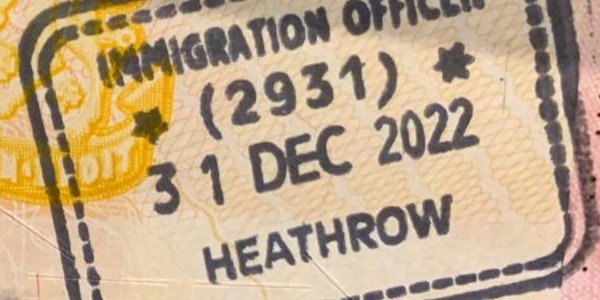Student and Tier 4 visa holders are permitted to work in the UK. Strict rules govern the total number of hours you may work during any given week throughout official University of Strathclyde term dates.
This guidance is for those sponsored by the University of Strathclyde (International Study Centre students should seek advice from them as their sponsor). The University of Strathclyde is a Higher Education Provider with a Track Record of Compliance.
.jpg)






